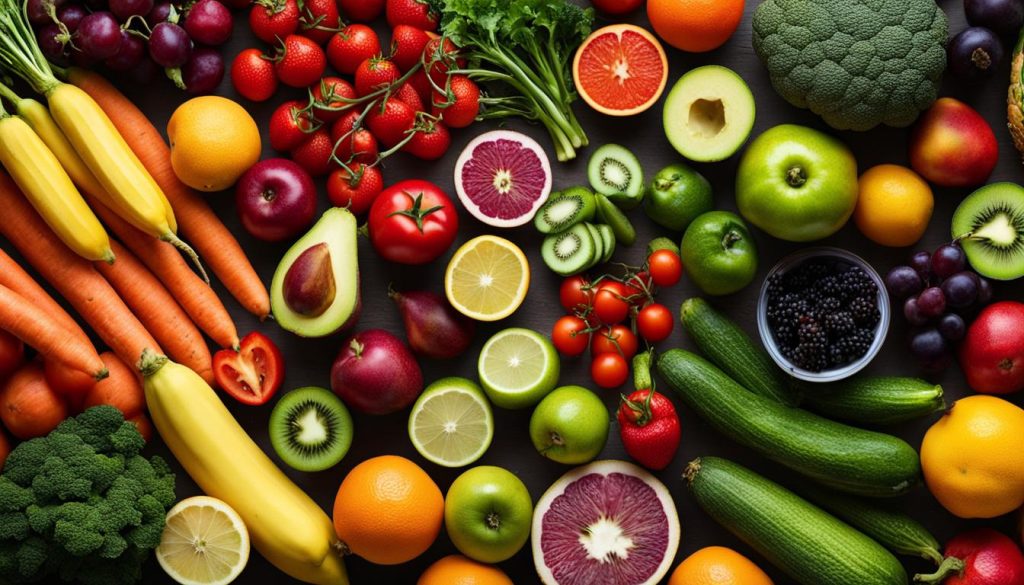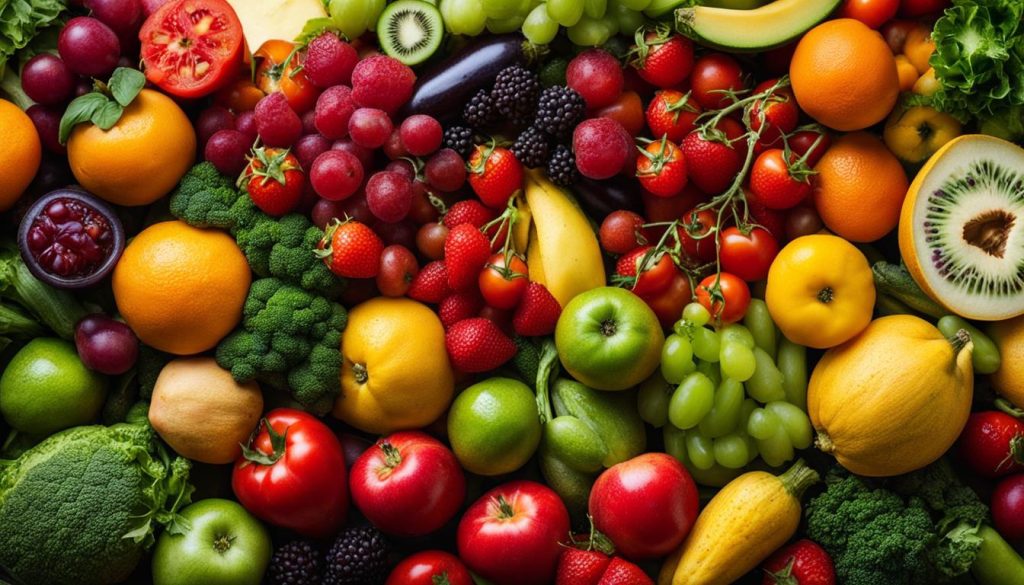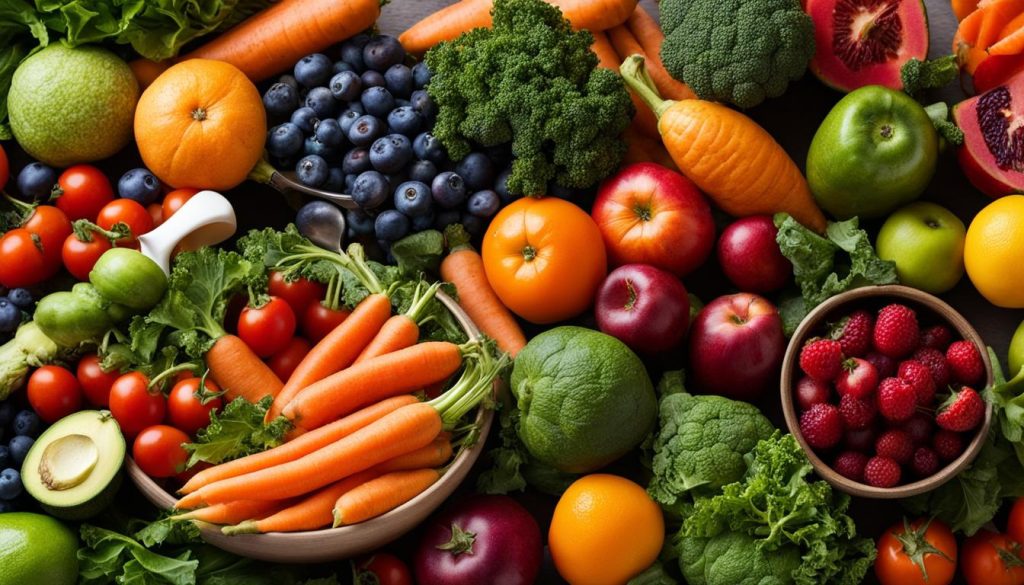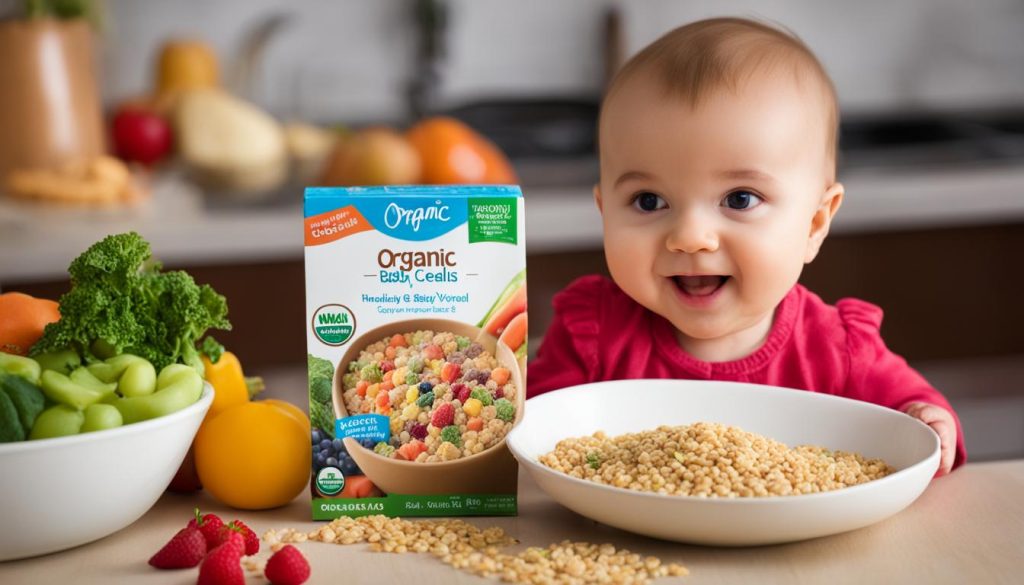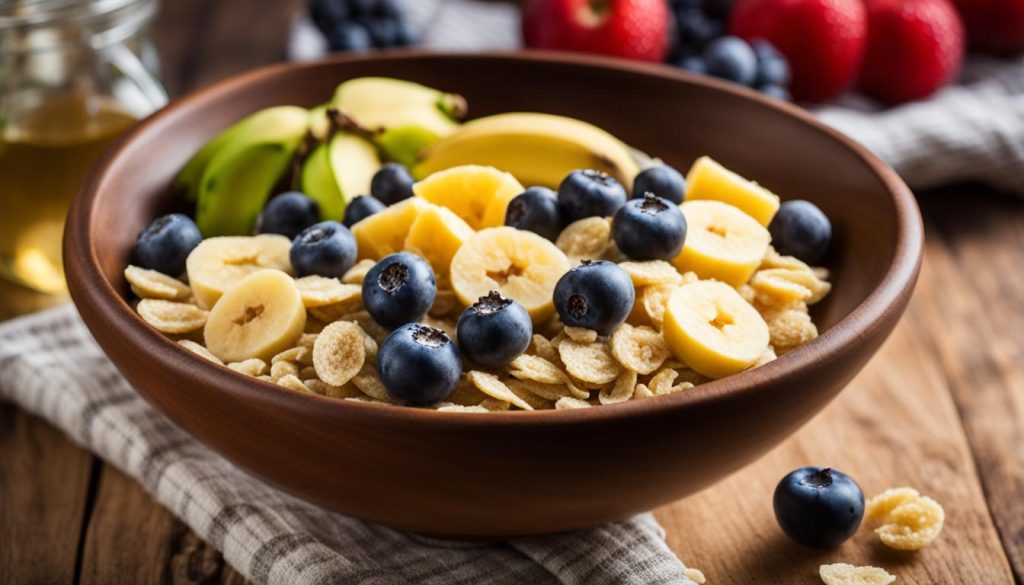When it comes to choosing the best baby food for our little ones, the debate between organic and conventional options often leaves us feeling torn. To make an informed decision, let’s explore the key differences and benefits of organic baby food.
Organic baby food is made with ingredients grown using organic farming practices, prioritizing soil health, water conservation, and biodiversity. It avoids synthetic pesticides, herbicides, and fertilizers, while conventional baby food may contain harmful chemicals.
By choosing organic baby food, you decrease the likelihood of exposing your baby to pesticide residues and may provide higher levels of key nutrients for growth and development. Organic farming practices are also more environmentally friendly and support ethical practices.
Differences Between Organic and Conventional Baby Food
When it comes to choosing baby food for your little one, understanding the differences between organic and conventional options is crucial. Organic baby food is made from ingredients grown using organic farming practices, while conventional baby food is made from ingredients grown using traditional farming practices that may involve harmful chemicals.
One key difference between organic and conventional baby food is the use of pesticides. Organic baby food has lower levels of pesticide residues compared to conventional baby food. A study published by the National Institutes of Health found that organic crops had significantly lower pesticide residues than their conventional counterparts. This is important because reducing pesticide exposure in young children is a top priority for many parents.
Another difference lies in the use of genetically modified organisms (GMOs) and artificial additives. Organic baby food is free from GMOs and artificial additives, while conventional baby food may contain GMOs and artificial additives. By choosing organic baby food, you can ensure that your little one is receiving food that is free from these potentially harmful substances.
Furthermore, organic farming practices have been found to produce crops with higher concentrations of antioxidants and lower levels of toxic metals and nitrogen compounds compared to conventional crops. A study published in the British Journal of Nutrition demonstrated these differences in nutritional composition, highlighting the potential benefits of choosing organic baby food for your little one.
| Organic Baby Food | Conventional Baby Food | |
|---|---|---|
| Pesticide Residues | Lower levels | Potentially higher levels |
| GMOs | Free from GMOs | May contain GMOs |
| Artificial Additives | Free from artificial additives | May contain artificial additives |
| Nutritional Composition | Higher concentrations of antioxidants | Potentially lower concentrations of antioxidants |
By understanding these differences, parents can make an informed decision about the type of baby food they want to introduce to their little ones. While both organic and conventional baby food can provide nutrition, organic baby food offers the additional benefits of reduced pesticide exposure, avoidance of GMOs and artificial additives, and potentially higher nutritional content.
Benefits of Organic Baby Food for Young Children’s Health and Development
Choosing organic baby food can provide several benefits for the health and development of young children. One of the main advantages is the reduced exposure to pesticide residues. Organic baby food has been found to have significantly lower levels of pesticide residues compared to conventional baby food, as evidenced by a study published by the National Institutes of Health. By feeding your baby organic options, you can minimize their exposure to potentially harmful chemicals.
Additionally, organic baby food may contain higher levels of key nutrients that are essential for growth and development. A study published in the British Journal of Nutrition found that organic crops have higher concentrations of antioxidants compared to their conventional counterparts. Antioxidants play a crucial role in protecting the body against oxidative damage and promoting overall health. Therefore, opting for organic baby food can potentially provide your child with a higher intake of beneficial antioxidants.
Furthermore, choosing organic baby food supports a more environmentally friendly and sustainable food system. Organic farming practices prioritize soil health, water conservation, and biodiversity. By supporting these practices, you contribute to the preservation of natural resources and promote a healthier planet for future generations.
Table: Organic Baby Food Benefits
| Benefits | Description |
|---|---|
| Reduced pesticide exposure | Organic baby food has significantly lower levels of pesticide residues, minimizing the potential health risks associated with exposure to these chemicals. |
| Higher nutrient content | Organic baby food may contain higher levels of key nutrients, such as antioxidants, which are essential for growth and development. |
| Environmental sustainability | Choosing organic baby food supports farming practices that prioritize soil health, water conservation, and biodiversity, promoting a more sustainable food system. |
| Supporting ethical practices | Organic farming practices often align with fair labor practices, animal welfare, and community development, allowing you to contribute to a more ethical food system. |
Overall, the benefits of organic baby food make it a worthwhile choice for parents looking to prioritize their child’s health and well-being. By reducing pesticide exposure, increasing nutrient intake, and supporting a sustainable food system, organic baby food provides a solid foundation for your child’s growth and development.
Considerations for Buying Organic Baby Food
When it comes to buying organic baby food, there are a few important factors to consider in order to make the best choice for your little one. Here are some key considerations to keep in mind:
Trusted Organic Baby Food Brands
Firstly, it is crucial to look for trusted organic baby food brands that adhere to strict organic standards. Some top organic baby food brands that prioritize organic ingredients and follow organic farming practices include Earth’s Best, Happy Baby, and Plum Organics. These brands have established a reputation for providing high-quality organic baby food options.
Budget and Affordability
Secondly, it’s important to consider your budget and affordability when buying organic baby food. While organic options may be more expensive than conventional alternatives, there are ways to make it more cost-effective. Buying in bulk or making your own organic baby food at home can help reduce costs while still providing your baby with nutritious and organic meals.
Check Labels and Certifications
Lastly, always check the labels and certifications of the baby food products to ensure that they are indeed organic and meet the necessary standards. Look for organic certifications such as the USDA Organic seal, which guarantees that the baby food meets the organic standards set by the United States Department of Agriculture. This ensures that you are purchasing genuine organic baby food for your child.
By considering these factors and making informed choices, parents can confidently select the best organic baby food options that align with their values and meet the nutritional needs of their little ones.
| Considerations for Buying Organic Baby Food |
|---|
| 1. Trusted Organic Baby Food Brands |
| Look for brands like Earth’s Best, Happy Baby, and Plum Organics. |
| 2. Budget and Affordability |
| Consider buying in bulk or making your own organic baby food at home. |
| 3. Check Labels and Certifications |
| Ensure the baby food has the USDA Organic seal or other organic certifications. |
I want to provide my baby with the best food possible, and buying organic baby food gives me peace of mind knowing that I’m choosing products made with organic ingredients and without harmful chemicals.
Tips for Parents Choosing Baby Food
When it comes to choosing the best baby food for your little one, there are some important tips to keep in mind. Whether you’re considering organic or conventional options, these guidelines can help you make an informed decision.
Consult with a Pediatrician or Registered Dietitian
Before making any decisions about your baby’s diet, it’s always a good idea to consult with a pediatrician or a registered dietitian who specializes in infant nutrition. They can provide personalized recommendations based on your baby’s specific needs, including any dietary restrictions or allergies to consider.
Read Labels and Look for Organic Certifications
When choosing baby food, reading the labels is crucial. Look for organic certifications, such as the USDA Organic seal. This ensures that the baby food meets the organic standards set by the United States Department of Agriculture. By opting for certified organic baby food, you can have confidence in the product’s quality and adherence to strict organic standards.
Remember the Importance of a Balanced Diet
While choosing organic baby food can be a great option, it’s important to remember that it is not the sole determinant of your child’s nutrition. Variety and balance are key when it comes to a healthy diet for your little one. Be sure to include a wide range of fruits, vegetables, grains, and proteins in their meals to provide them with all the necessary nutrients for growth and development.
By following these tips, you can navigate the world of baby food and make choices that align with your priorities and the needs of your baby. Remember, the most important thing is to provide a safe, nutritious, and enjoyable eating experience for your little one.
FAQ
Is organic baby food better than conventional baby food?
Organic baby food is made with ingredients grown using organic farming practices, avoiding synthetic pesticides, herbicides, and fertilizers. It is also free from GMOs and artificial additives. Choosing organic baby food can reduce pesticide exposure and provide higher levels of key nutrients.
What are the main differences between organic and conventional baby food?
Organic baby food is made from ingredients grown using organic farming practices, while conventional baby food is made using traditional farming practices that may involve harmful chemicals. Organic baby food is free from GMOs and artificial additives, while conventional baby food may contain GMOs and artificial additives.
What are the benefits of organic baby food for young children’s health and development?
Organic baby food has lower levels of pesticide residues compared to conventional baby food, according to a study published by the National Institutes of Health. It may also contain higher levels of key nutrients, such as antioxidants, according to a study published in the British Journal of Nutrition. Organic farming practices are also more environmentally friendly and support ethical practices.
What should I consider when buying organic baby food?
Look for trusted organic baby food brands that adhere to strict organic standards. Consider your budget and affordability. Always check the labels and certifications to ensure that the baby food is indeed organic and meets the necessary standards.
What tips can you provide for parents choosing baby food?
Consult with a pediatrician or a registered dietitian specialized in infant nutrition. Read the labels carefully and look for organic certifications, such as the USDA Organic seal. Remember that the most important aspect of baby food is providing a varied and balanced diet that includes a wide range of fruits, vegetables, grains, and proteins.

